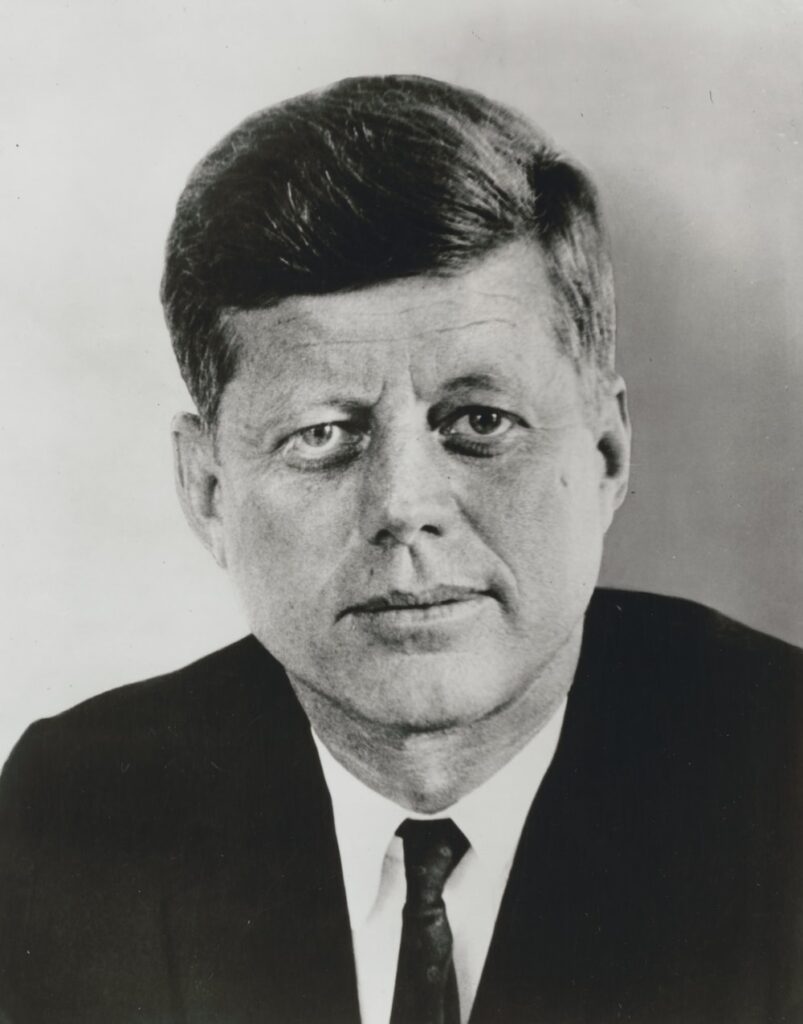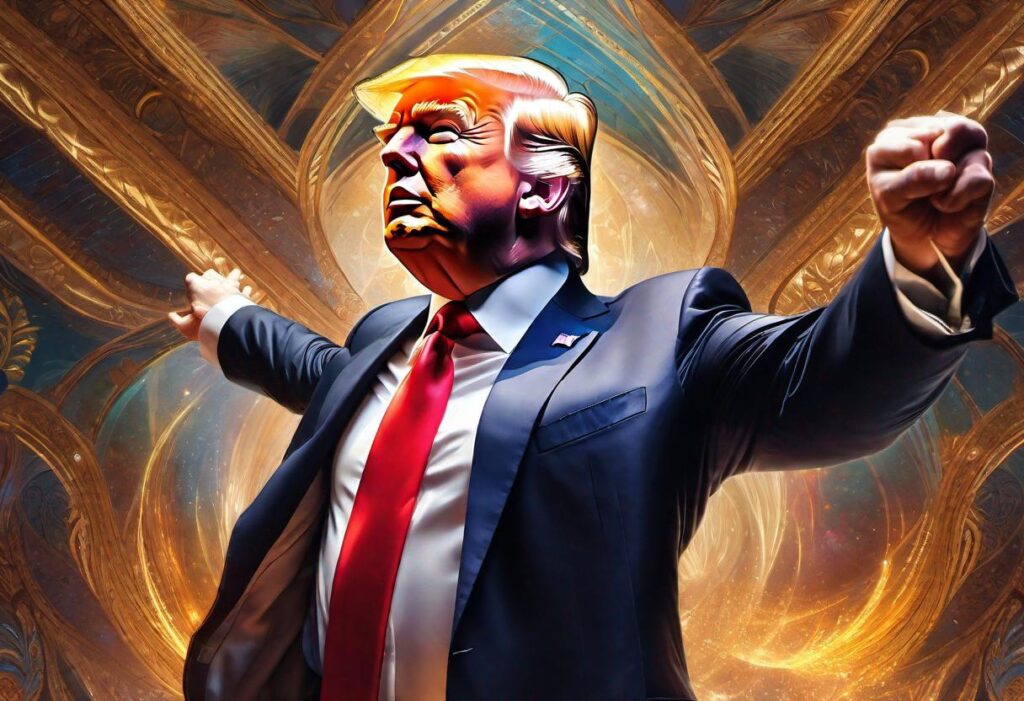John F. Kennedy, often referred to as JFK, was one of the most iconic and revered presidents in American history. His charisma, eloquence, and leadership during turbulent times captivated the nation. However, behind the scenes, JFK had a well-known reputation as a womanizer. This article aims to delve into the complex personal life of JFK, exploring the extent of his womanizing behavior and its impact on his presidency.
John F. Kennedy’s rise to power was marked by his charismatic and youthful image. Elected as the 35th President of the United States in 1960, JFK exuded charm, wit, and intelligence. His marriage to Jacqueline Bouvier Kennedy further enhanced his public image, creating an aura of a power couple destined for greatness.
The Secret Affairs
JFK’s reputation as a womanizer was no secret. Throughout his presidency, he engaged in numerous extramarital affairs, some of which were with prominent figures of the time. Marilyn Monroe, an iconic actress and symbol of beauty, was one of JFK’s most famous mistresses. Their relationship, though brief, became the subject of intense speculation and fueled rumors about JFK’s womanizing tendencies.
Apart from Monroe, JFK was linked to other women, including Judith Campbell Exner, an alleged mistress with alleged connections to organized crime figures. Pamela Turnure, a press secretary in the White House, and Mimi Alford, a White House intern, also claimed to have had affairs with the president. These revelations shocked the nation and tarnished JFK’s public image.
The Impact on the Presidency
JFK’s womanizing behavior had far-reaching consequences that extended beyond his personal life. It is crucial to evaluate the impact of these affairs on his presidency. Firstly, the constant need for secrecy and the potential for blackmail put the national security at risk. JFK’s involvement with Judith Campbell Exner, who had connections to powerful crime syndicates, raised concerns about compromised decision-making and potential national security breaches.
The revelations about JFK’s infidelity eroded public trust in the institution of the presidency. The American people expected their leader to uphold moral standards and act as a role model, but JFK’s behavior contradicted these expectations. The public’s disillusionment with the president’s personal life had the potential to undermine his credibility and weaken his ability to govern effectively.

Legacy
Despite his womanizing behavior, JFK’s presidency left a lasting impact on American history. His leadership during the Cuban Missile Crisis, commitment to civil rights, and vision for space exploration are just a few examples of his achievements.
JFK’s womanizing serves as a reminder that even the most admired leaders are flawed individuals. It highlights the importance of separating personal behavior from professional accomplishments. The public’s scrutiny of a leader’s character should not overshadow their policy decisions and contributions to society.
Conclusion
John F. Kennedy’s womanizing behavior remains a controversial aspect of his presidency. While his charisma and leadership continue to be celebrated, his personal indiscretions cast a shadow over his legacy. JFK’s affairs not only impacted his personal life but also had implications for national security and public trust. Ultimately, his presidency serves as a reminder that leaders, no matter how influential, are not immune to personal failings.




